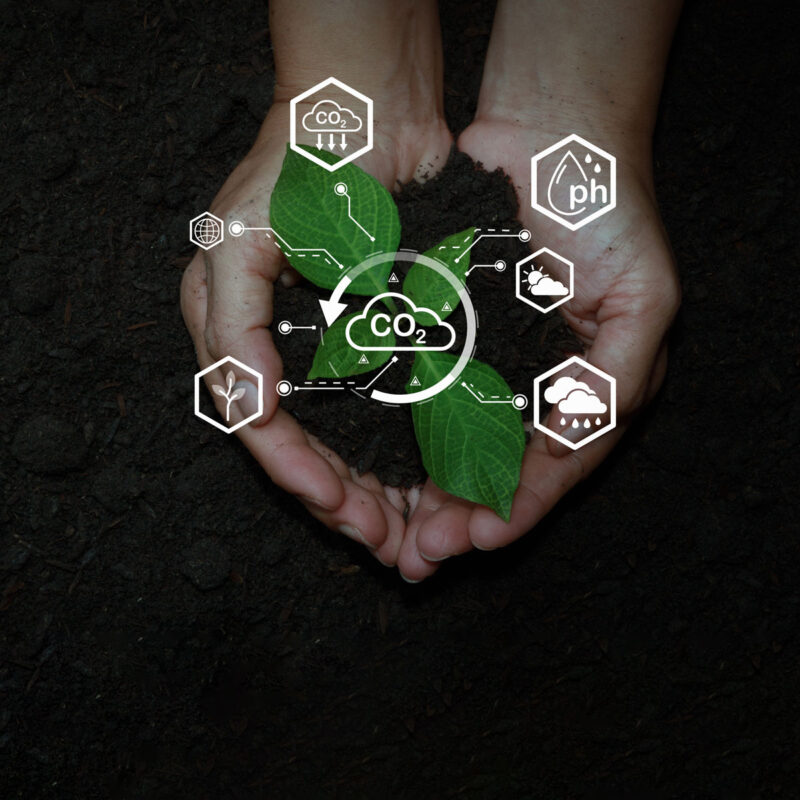BioGenesis’s Environmental testing offers analyses for mold and raw sewage contamination. We provide precise and timely information that aids in identifying operational issues, foreseeing potential concerns, and implementing effective measures to manage safety and quality risks.
Environmental Testing

Molds are ubiquitous and can thrive on nearly any organic material, provided there is moisture and oxygen. They slowly deteriorate the surfaces they inhabit.
Molds pose health risks since they can produce allergens capable of triggering allergic reactions or asthma attacks in individuals sensitive to mold. Some molds are also known to generate potent toxins or irritants. These potential health impacts underscore the importance of preventing mold growth and addressing any existing indoor mold issues promptly.
Method: ASTM D7391‐17
All raw sewage contains a variety of microbes, such as bacteria, protozoans, molds/fungi, and viruses, many of which are harmful to humans. Exposure to these microbes can lead to a range of diseases, including Cholera, Typhoid, Hepatitis, and other illnesses. Contact with contaminated water or surfaces can result in skin contamination, with the potential for microbes to be transferred to the mouth or open wounds. Infections might also occur from inhaling contaminated aerosols and airborne dust during and after the drying out process. It is advisable to conduct microbial sampling of suspected surfaces for E. coli and fecal bacteria due to the associated health risks, as other pathogenic microbes may also be present.
Method: SM 9223B; AOAC 991.15-1994

